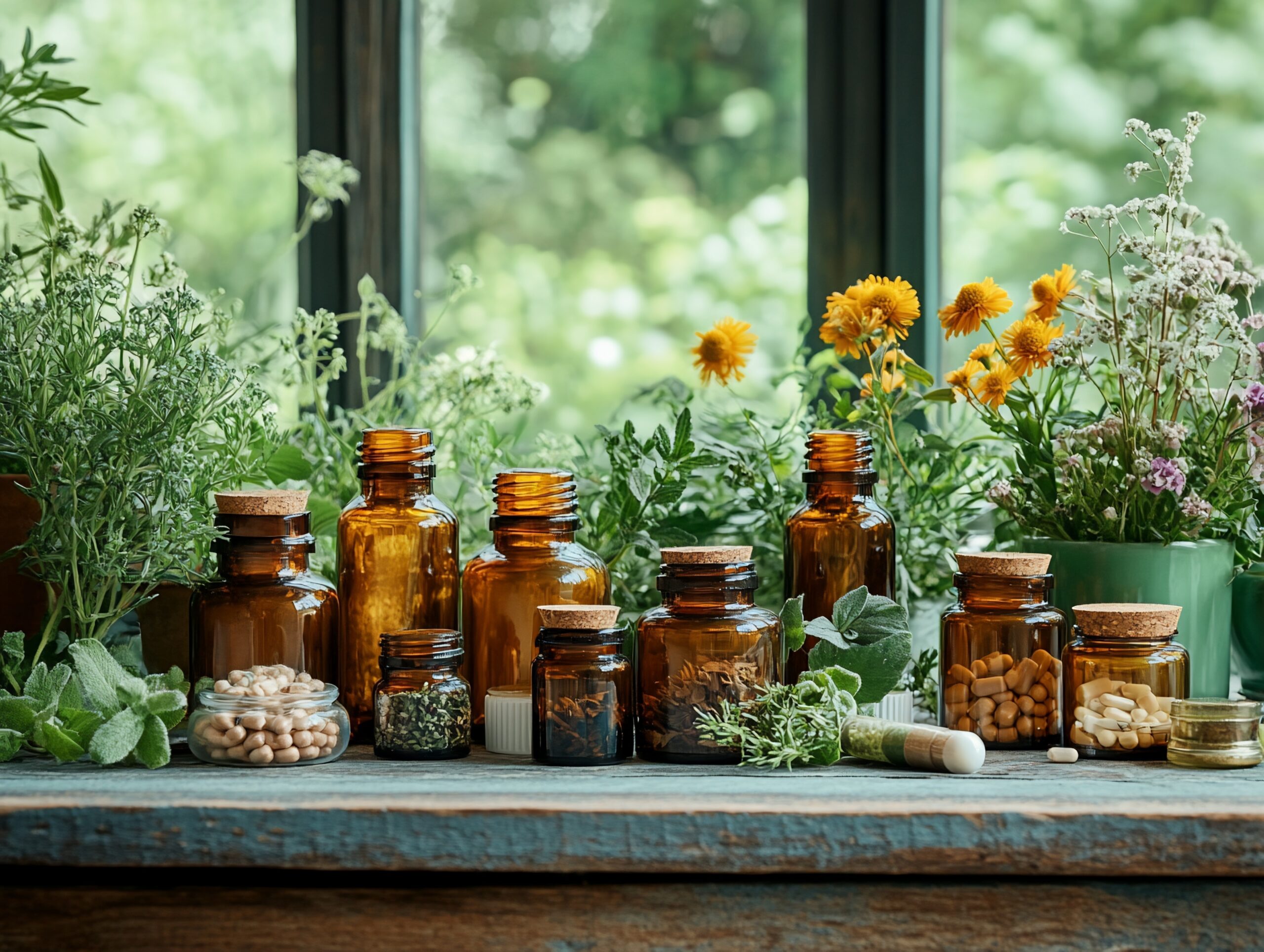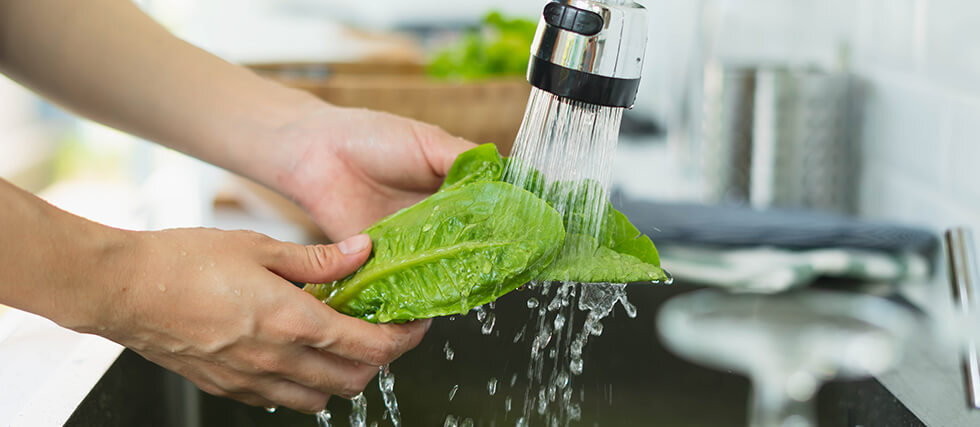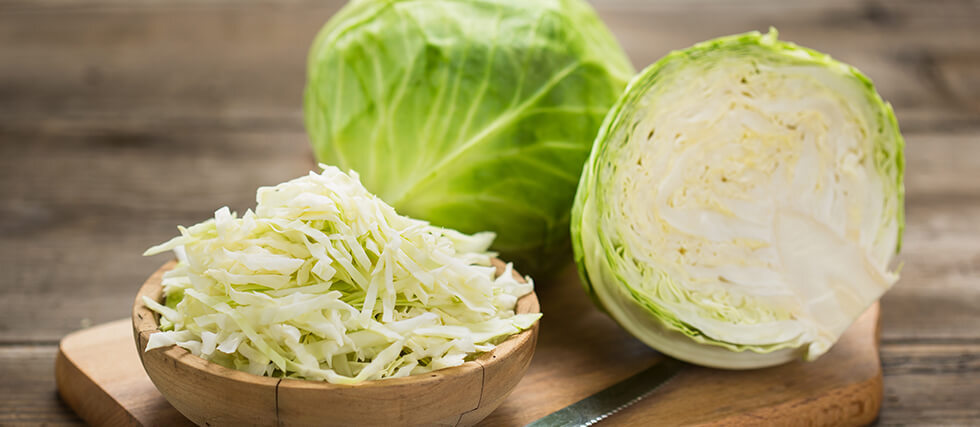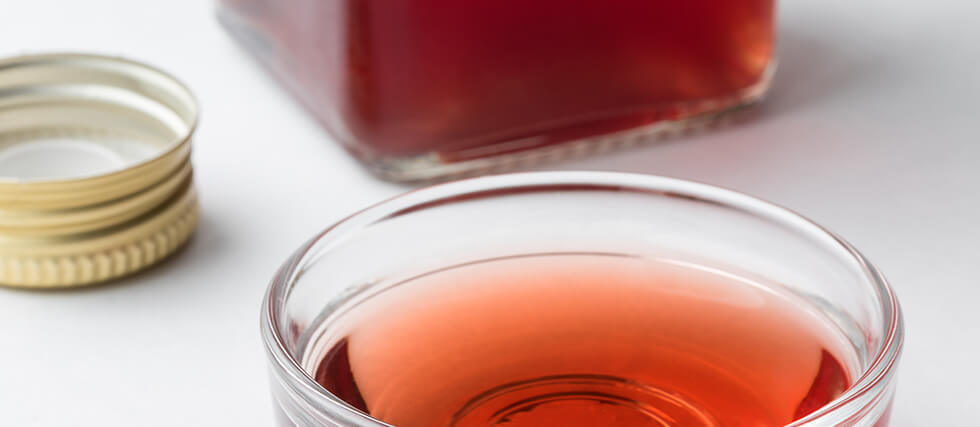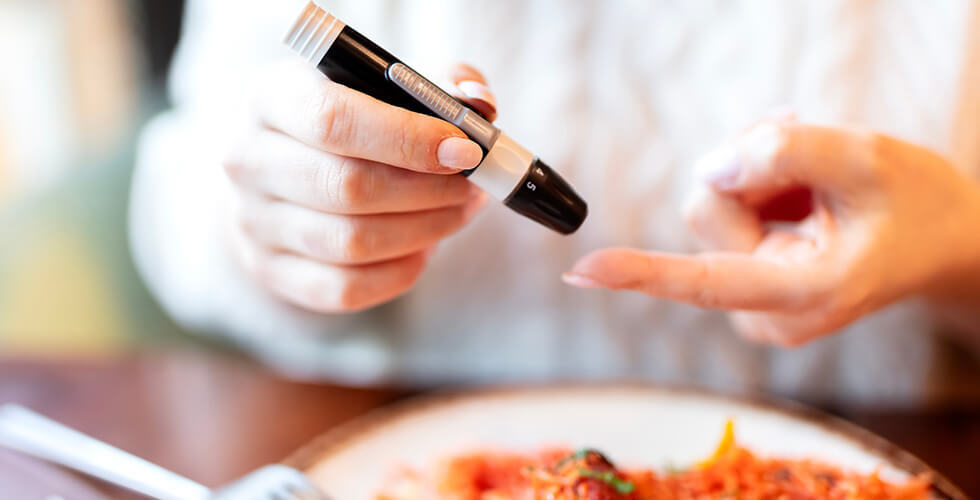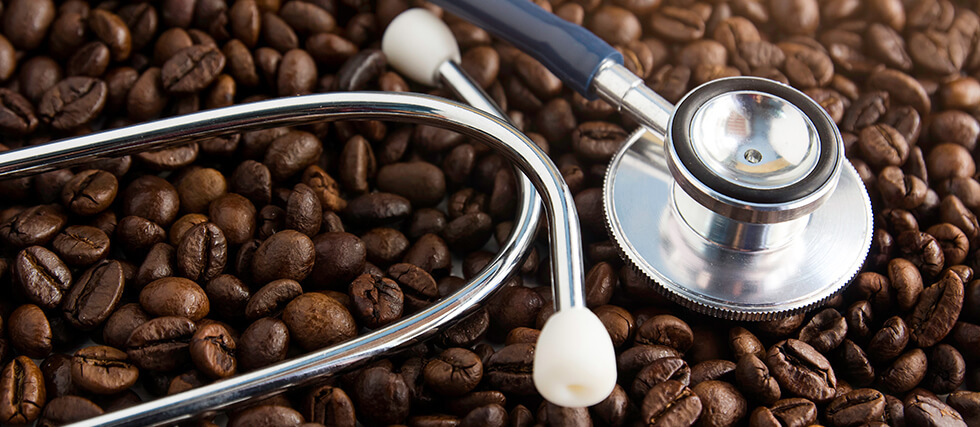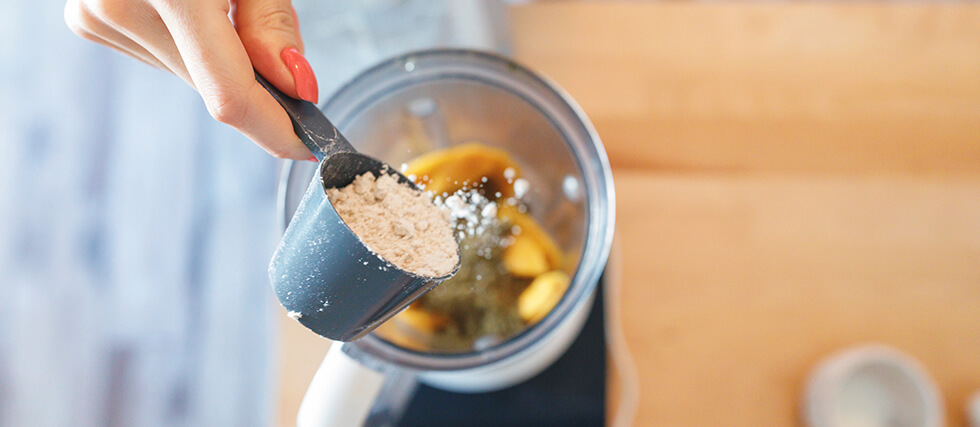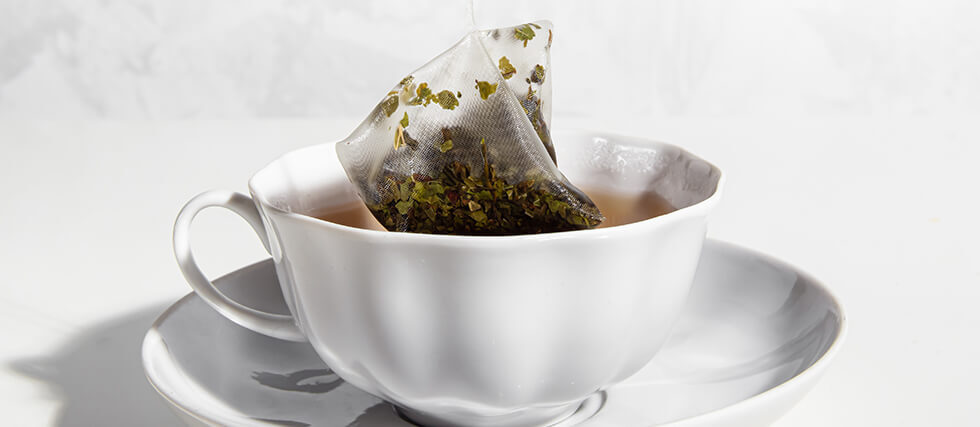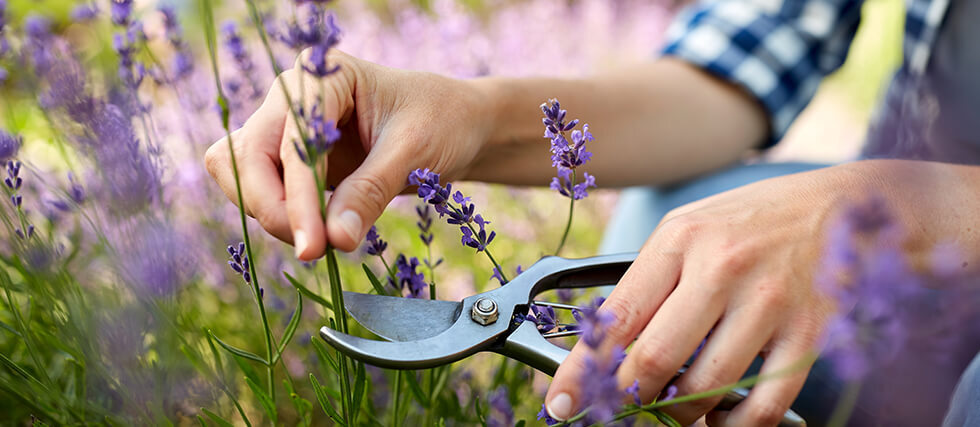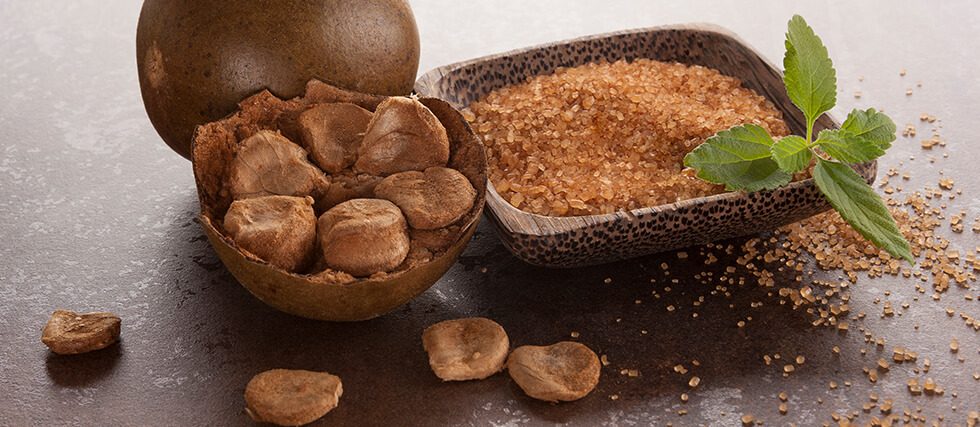Cabbage has long been labeled “fart food,” but that reputation doesn’t tell the full story. If gas is your concern, the best way to enjoy cabbage is cooked. Cooking breaks down tough fibers and sulfur-containing compounds that can otherwise cause bloating and discomfort when eaten raw. Long, slow cooking methods—like braising or simmering in broth—make cabbage gentler on your digestive system. A simple sauté with garlic and a splash of broth, or a slow cook with kielbasa and caraway, is both satisfying and gut-friendly.
But don’t let the gas factor scare you off—cabbage is a low-calorie, high-reward vegetable that brings a ton of health benefits. It’s rich in vitamin C (great for your immune system and skin health), vitamin K (essential for bone health and blood clotting), and folate (crucial for brain function and fetal development during pregnancy). Red cabbage in particular is packed with anthocyanins—antioxidants that help fight inflammation and may lower the risk of heart disease.
Cabbage also supports digestion with its high fiber content, which helps regulate your gut and promote a healthy microbiome. It’s considered a prebiotic food, meaning it feeds the good bacteria in your gut. Plus, it contains glucosinolates—natural compounds being studied for their potential cancer-fighting properties.
And here’s the bonus: cabbage is one of the most affordable, long-lasting veggies out there. A single head costs just a few bucks, lasts weeks in the fridge, and stretches across multiple meals.
It’s incredibly easy to grow in a home garden. Whether you’ve got raised beds, containers, or a small backyard plot, cabbage thrives in cooler weather, doesn’t require much space, and can yield a generous harvest.
Cabbage might have a reputation—but when prepared thoughtfully, it’s a nutrient-dense, budget-friendly, home-growable superstar that deserves a spot on your plate.


